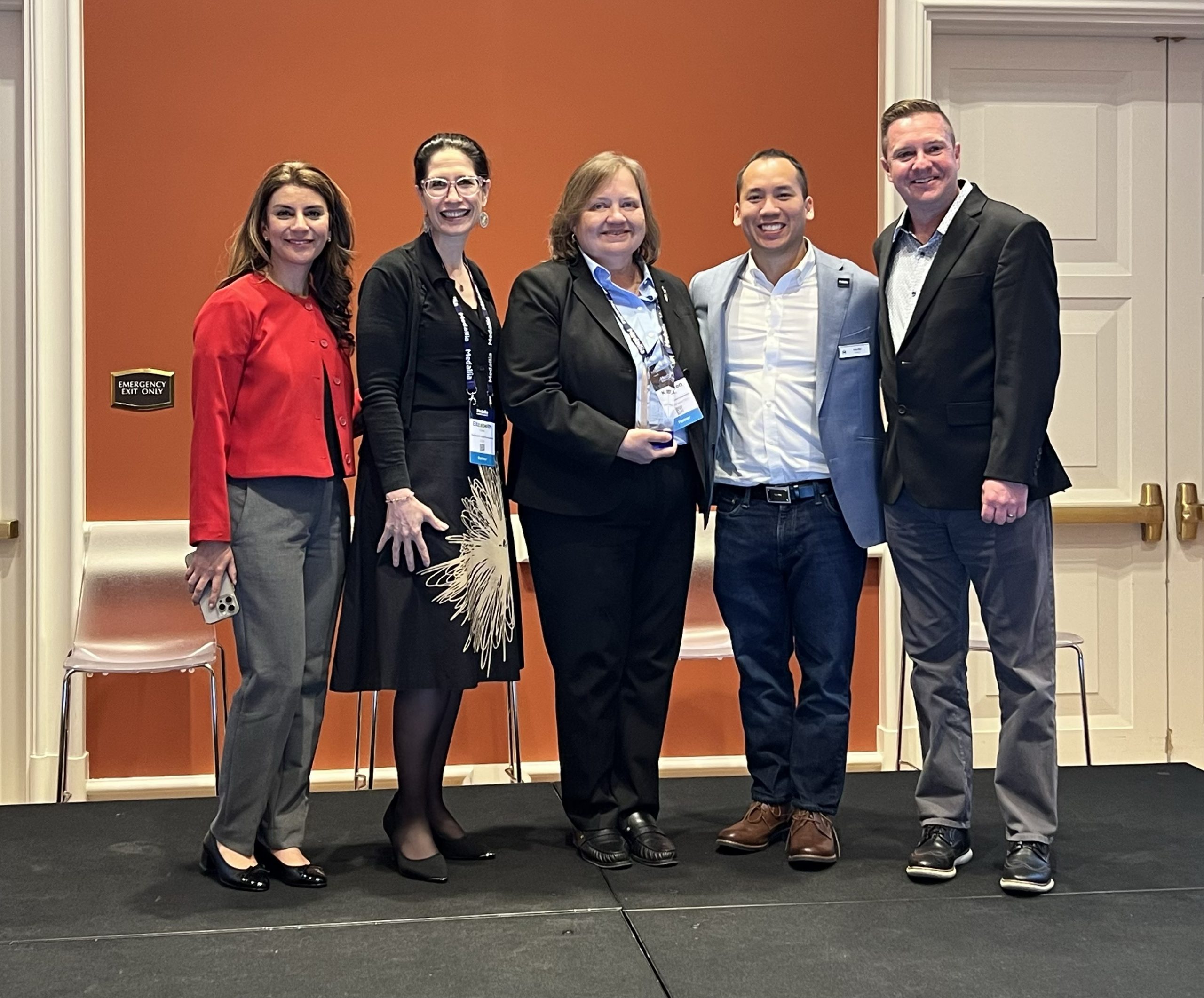The Arnold P. Gold Foundation champions humanism in healthcare, which we define as kind, safe, trustworthy care. This Gold standard of care embraces all and targets barriers to such care. We empower experts, learners, and leaders to together create systems and cultures that support humanistic care for all.
NEWS
Gold Foundation wins Medallia’s Solution Innovation Partner Award

Gold, JPX announce special humanism collection and open call for submissions

Dr. Elizabeth Gaufberg named the 2024 Pearl Birnbaum Hurwitz Humanism in Healthcare Award recipient

BLOG
Q&A with Gold President & CEO Dr. Kathleen Reeves

For Dr. Julpohng “JP” Vilai, the Golds have been an inspiration for 20 years

The white coat: scientist’s uniform, spiritual garment, symbol of care and great responsibility







